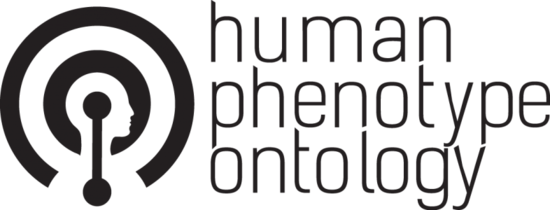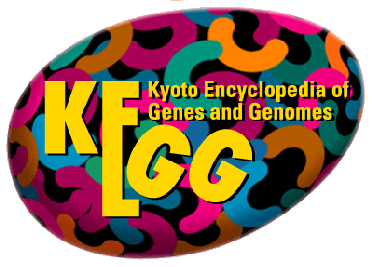Accumulating data suggest that hepatic tolerance, initially demonstrated by spontaneous acceptance of liver allografts in many species, results from an immune regulatory activity occurring in the liver. However, the responsible cellular and molecular components have not been completely understood. We have recently described profound T cell inhibitory activity of hepatic stellate cells (HSCs) in vitro. In this study, we demonstrate in vivo evidence of immune modulatory activity of HSCs in mice using an islet transplantation model. Co-transplanted HSCs effectively protected islet allografts from rejection, forming a multi-layered capsule, which reduced allograft immunocyte infiltrates by enhancement of apoptotic death. The immune modulation by HSCs appeared to be a local effect, and regulated by inducible expression of B7-H1, an inhibitory molecule of B7 family. This may reflect an intrinsic mechanism of immune inhibition mediated by liver-derived tissue cells. In conclusion, these results may lead to better understanding of liver immunobiology and development of new strategies for treatment of liver diseases.
24/10/2006
17058227
Hepatology (Baltimore, Md.) (
IF: 14.679 /
Quartile: 1)
WOS Cites: 130
SemanticScholar Cites: 157
SemanticScholar Citation Velocity: 0
SemanticScholar Influential Citation Count: 1






